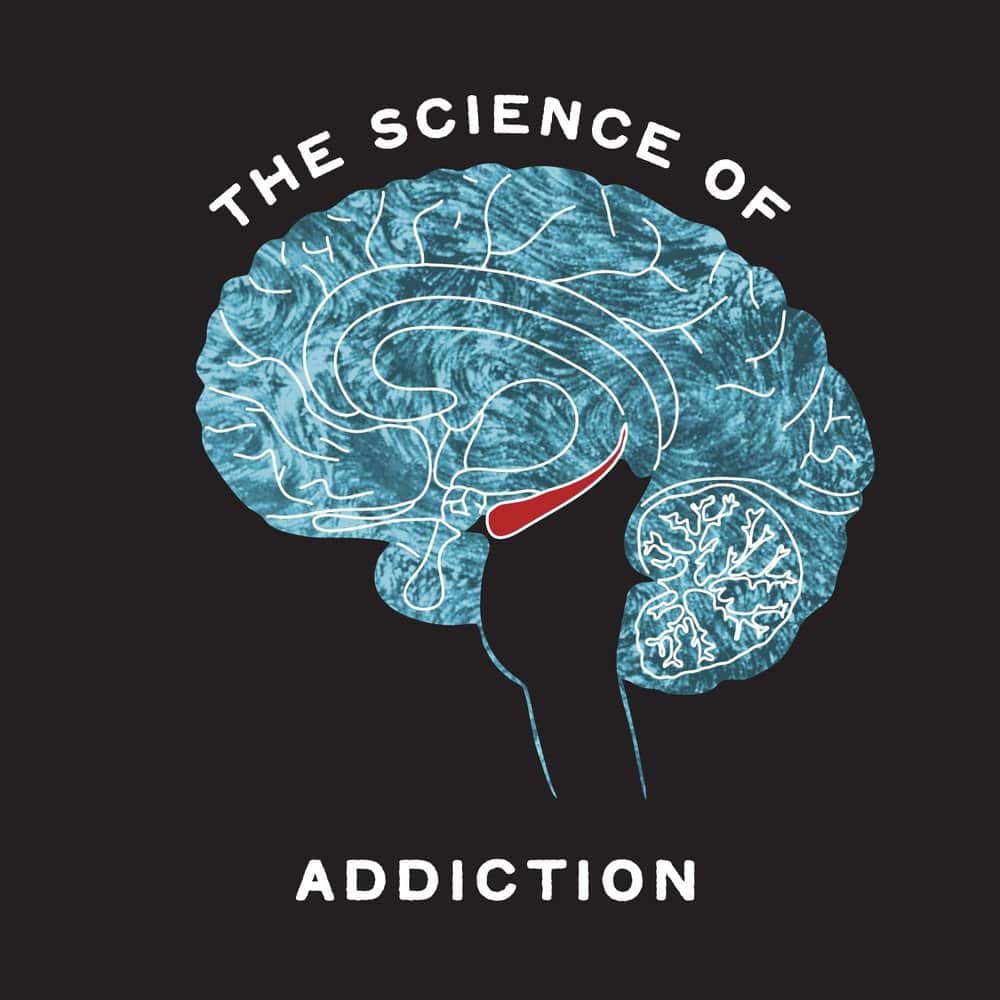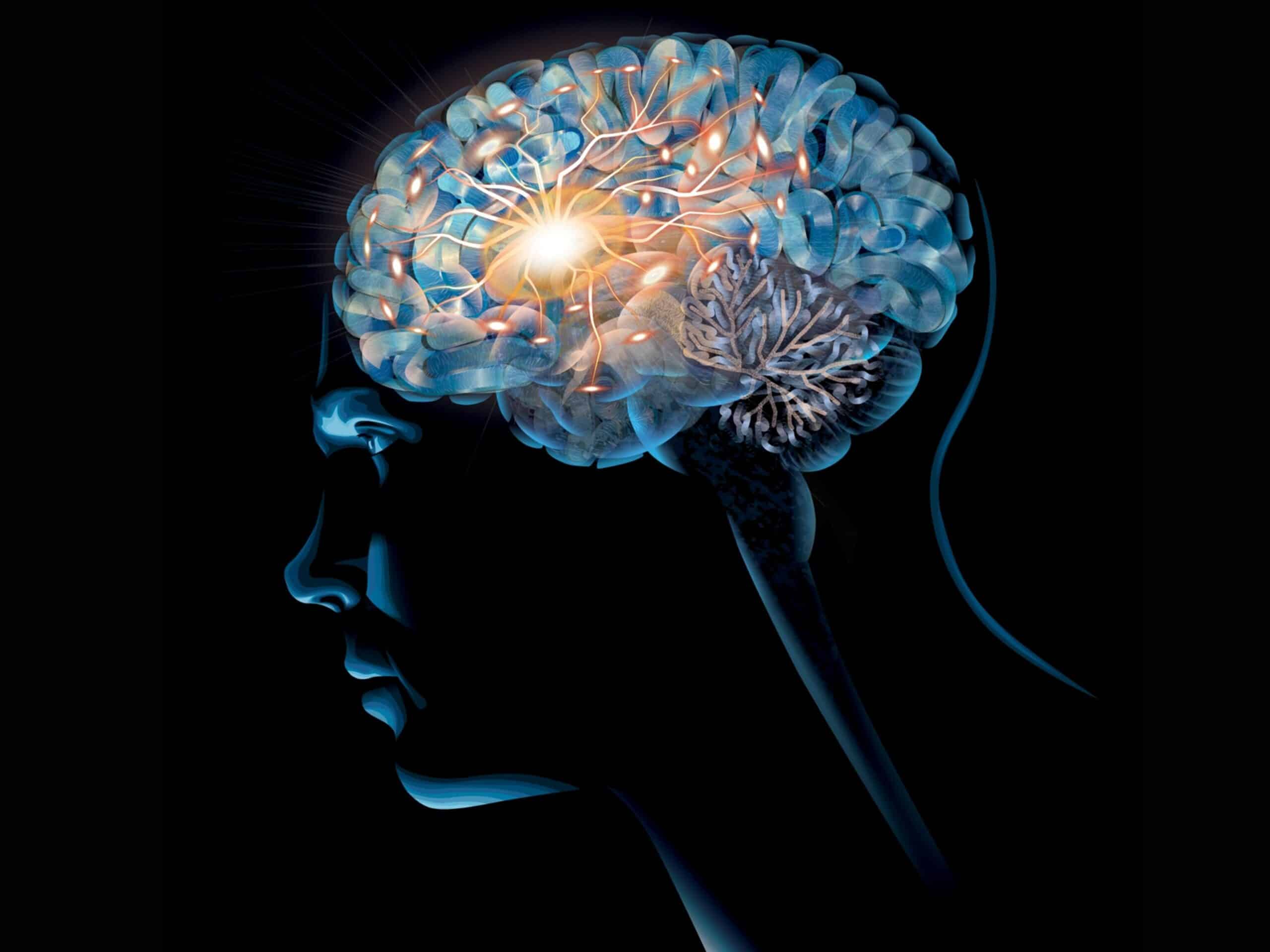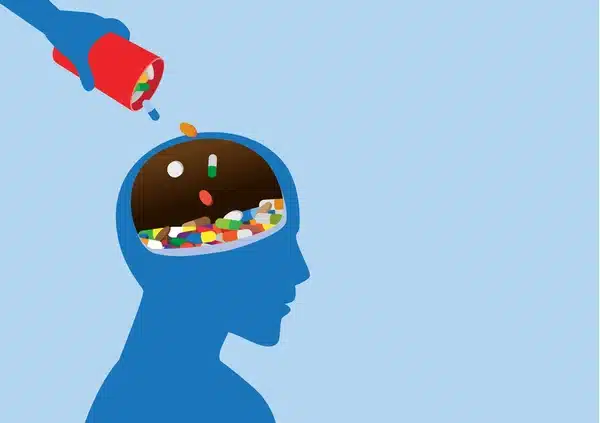Addiction is often shrouded in misconceptions and stigma, but at its core, it’s a complex medical condition, deeply rooted in the neurological and psychological processes of the human body. If you or a loved one is grappling with addiction, understanding the science behind it can be incredibly empowering. In this blog, we’ll explore the neurological and psychological aspects of addiction, offering insights into why it’s much more than just a matter of willpower.

Demystifying Addiction
Addiction: A Brain-Based Condition
Addiction is not simply a failure of willpower or a moral shortcoming; it’s a chronic disease that affects the brain’s structure and function. Much like diabetes or heart disease, addiction involves both behavioral and biological components.
The Neuroscience of Addiction
The brain’s reward system plays a critical role in addiction. Substances like drugs and alcohol trigger a flood of dopamine in the brain, which creates a feeling of pleasure. Over time, the brain adapts to these surges, leading to tolerance and the need for more of the substance to achieve the same effect.
The Brain on Substances: A Closer Look
Altered Brain Chemistry
Regular substance use can alter the brain’s chemistry and structure. It impacts areas responsible for judgment, decision-making, learning, memory, and behavior control, making it increasingly challenging to resist the substance.
The Role of Dopamine
Dopamine, often known as the ‘feel-good’ neurotransmitter, is central to understanding addiction. Substances cause an unnatural spike in dopamine levels, which the brain associates with a reward, reinforcing the substance use.
Psychological Factors in Addiction
Coping Mechanism for Stress and Trauma
Often, substance use starts as a way to cope with stress, trauma, or emotional pain. Over time, the brain starts to associate the substance with relief from these negative feelings, reinforcing the cycle of addiction.
The Power of Triggers and Cues
Environmental cues and triggers can play a significant role in addiction. These might be certain people, places, or situations that the brain associates with substance use, making cravings harder to resist.
Understanding Withdrawal and Dependence
The Body’s Adaptation to Substances
With prolonged substance use, the body becomes dependent on the
substance to function normally. This dependence is not just psychological but also physiological, as the body adjusts to the constant presence of the substance.
The Process of Withdrawal
When the substance is removed, the body goes through withdrawal, a physically and emotionally challenging process where the body attempts to re-adjust to functioning without the substance. Symptoms of withdrawal can vary widely, depending on the substance and the duration of use.

The Cycle of Addiction
The Compulsion to Use
Addiction often involves a compulsive need to use the substance, despite knowing the harmful consequences. This compulsion is a result of changes in the brain’s reward system, making resisting the substance incredibly challenging.
Relapse: Part of the Process
Relapse is common and should be viewed as part of the recovery process, rather than a failure. Each attempt at recovery is a step towards understanding and managing the addiction more effectively.
Breaking Free from Addiction
Treatment and Recovery
Recovering from addiction is a multifaceted process that often requires a combination of medical treatment, therapy, and support. Treatment plans are personalized, taking into account the unique aspects of each individual’s addiction.
Therapies in Addiction Treatment
Various therapies, including cognitive-behavioral therapy, group therapy, and family therapy, can be effective in treating addiction. These therapies help address the underlying psychological factors and develop healthier coping mechanisms.
Medication-Assisted Treatment (MAT)
In some cases, medication-assisted treatment can be used to help manage withdrawal symptoms and reduce cravings, playing a crucial role in the recovery process.
The Role of Support in Recovery
Building a Support Network
Having a strong support network is crucial in the journey of recovery. This can include family, friends, support groups, and healthcare professionals who provide encouragement and understanding.
Ongoing Management
Recovery from addiction is an ongoing process. It involves continuous effort and self-awareness to manage the condition and prevent relapse. Staying connected with support systems, engaging in therapy, and maintaining healthy lifestyle choices are vital components of successful long-term recovery.
Understanding Leads to Empathy and Support
Changing the Narrative
Understanding addiction as a medical condition changes the narrative around it. It shifts the conversation from blame and shame to empathy and support. Recognizing addiction as a complex interplay of neurological and psychological factors opens the door to more effective and compassionate approaches to treatment and recovery.

Educating and Raising Awareness
Educating ourselves and others about the science of addiction can help reduce the stigma associated with it. This awareness is crucial not only for individuals struggling with addiction but also for their families, friends, and society as a whole.
Reach Out To Us Today!
Addiction is a multifaceted medical condition, deeply rooted in the brain’s functioning and influenced by various psychological factors. Understanding the science of addiction is essential in providing effective treatment and support. If you or someone you know is struggling with addiction, remember, it’s a condition that requires medical and psychological intervention, and there is hope for recovery.
If you’re looking for support in understanding and managing addiction, our team is here to help. And if you’re in Tennessee, our sister company offers specialized services to aid you on your journey to recovery. Reach out to us; let’s take the first step together towards understanding, treatment, and recovery.











